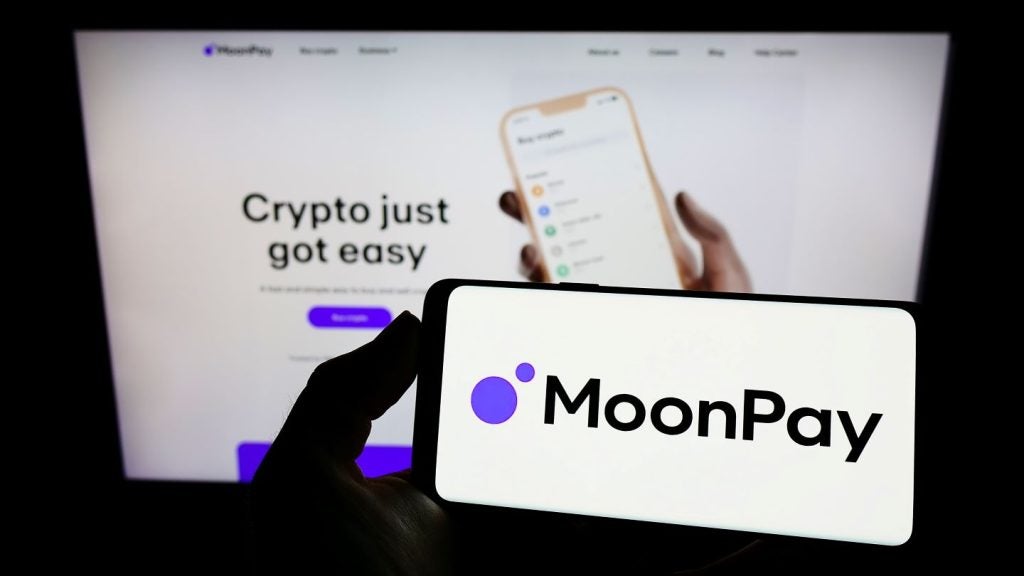This year’s peak shopping season will be crucial for retailers as the true impact of the cost-of-living crisis is likely to be written in sales figures. Competition for consumers’ wallets will be fierce and the battle to win over the younger generation will be especially hard-fought.
Recent Forter research found that more than 73% of the 1,000 UK consumers surveyed for its Consumer Trust Premium report suffered a negative online shopping experience in the preceding three months. But among Gen Z respondents, the figure is even higher – a whopping 93%. When asked what constituted their negative online shopping experience, Gen Z consumers were four times more likely to have had their personal information stolen in a data breach than older generations.
These negative experiences threaten one of the most important features of the retailer-consumer relationship: trust. In a retail environment where customers are thinking harder about every pound they spend, trust is a key element of brand loyalty, and Forter’s research has revealed that it has a significant impact on sales revenues.
UK consumers reported that they are willing to spend 44% more, on average, with retailers they trust. Retailers must therefore do all they can to ensure that their customers have an end-to-end shopping experience that builds long term trust.
But where should they start? We’ve identified two key areas for action.
Stop turning away genuine shoppers: false declines are higher among Millennials and Gen Z
Gen Z customers represent the core of future business for retailers, and their income is set to outpace that of the millennial generation by 2031, according to a 2020 report from Bank of America.
How well do you really know your competitors?
Access the most comprehensive Company Profiles on the market, powered by GlobalData. Save hours of research. Gain competitive edge.

Thank you!
Your download email will arrive shortly
Not ready to buy yet? Download a free sample
We are confident about the unique quality of our Company Profiles. However, we want you to make the most beneficial decision for your business, so we offer a free sample that you can download by submitting the below form
By GlobalDataDespite their growing purchasing power, millennial shoppers are twice as likely than Gen X to be falsely declined at checkout. Gen Z buyers are an incredible six times more likely to be declined than those born in the baby boom.
These declines are frequently the result of retailers over rotating on fraud prevention in the hopes of blocking bad actors, often at the expense of customer experience.
With so many new shoppers, like Gen Z, venturing into digital commerce, retailers often turn away new — but trustworthy — customers simply because they’ve never encountered them.
A lack of historical shopping data ultimately leads to false declines instead of an opportunity to secure the consumer’s lifetime value.
The irony is that this has a far greater negative impact on the business than actual rates of fraud. Forter estimates that for every dollar retailers lose to fraud, they lose thirty dollars by turning away legitimate customers.
False declines are not the only factor affecting customer experience, however; complex and cumbersome checkout processes are also causing problems.
Create a friction-free experience at the checkout
Forter research found that 77% of UK customers will abandon their purchase if the checkout process is too complicated or time-consuming. This creates a dilemma for retailers: they need to assess the trustworthiness of customers without adding unnecessary friction to the buyer experience.
Many retailers rely on additional authentication steps such as CAPTCHAs, one-time codes and other means to verify the identity behind each transaction. While these roadblocks aim to enhance security, they often end up confusing or frustrating consumers, leading to higher rates of cart abandonment.
Winning hearts and minds this peak season
In order to build trust and drive revenue this peak season, retailers must reduce false decline rates and eliminate high-friction checkout processes, which often disproportionately affect younger shoppers. The key is to deploy fraud management tools that draw on a vast consumer dataset that allows businesses to detect fraud and determine the level of trust shoppers should be granted – even when they’ve never encountered them before.
Machine learning can detect patterns across huge datasets of consumer activity, allowing it to block known fraudsters and also stop new fraudsters who are exhibiting suspicious behaviour patterns.
This means a greater proportion of first-time buyers can sail through the checkout without friction, ensuring that the important first move on the journey to customer lifetime value is a step, not a stumble.
During peak seasons, putting trust at the top of the wish list will be a winning strategy for retailers now and in the years to come.
Aaron Begner is GM, EMEA, Forter









Related Company Profiles
Forterra Inc
Bank of America Corp